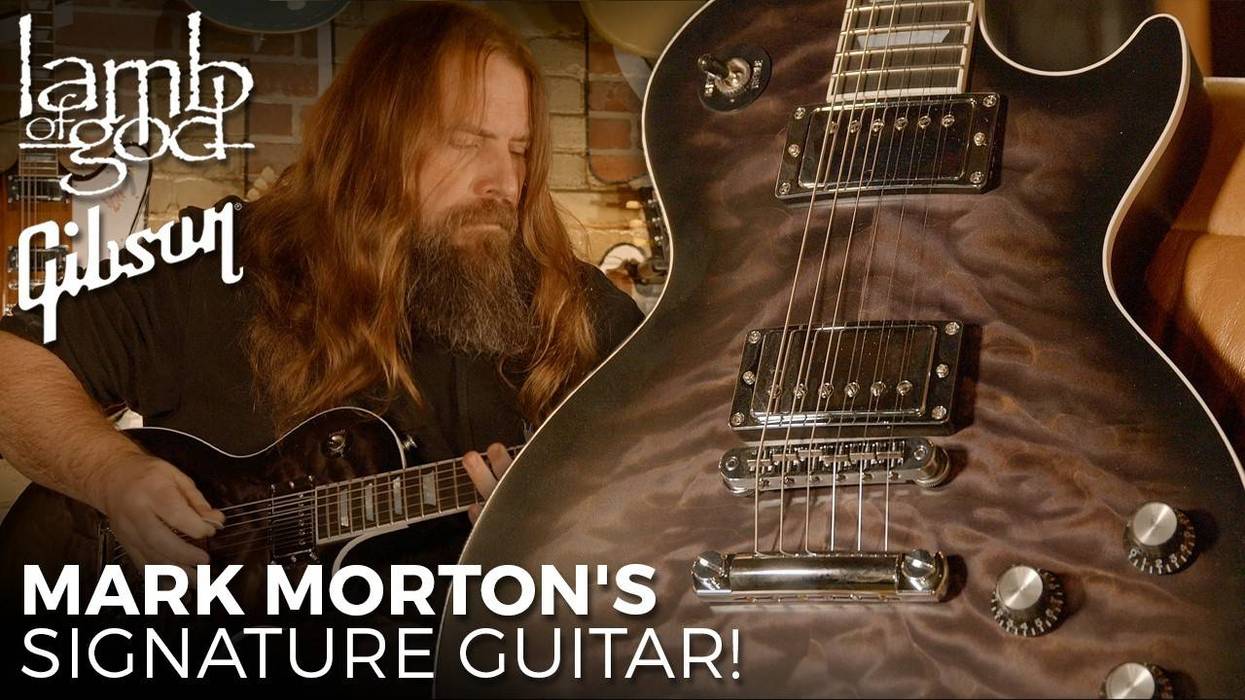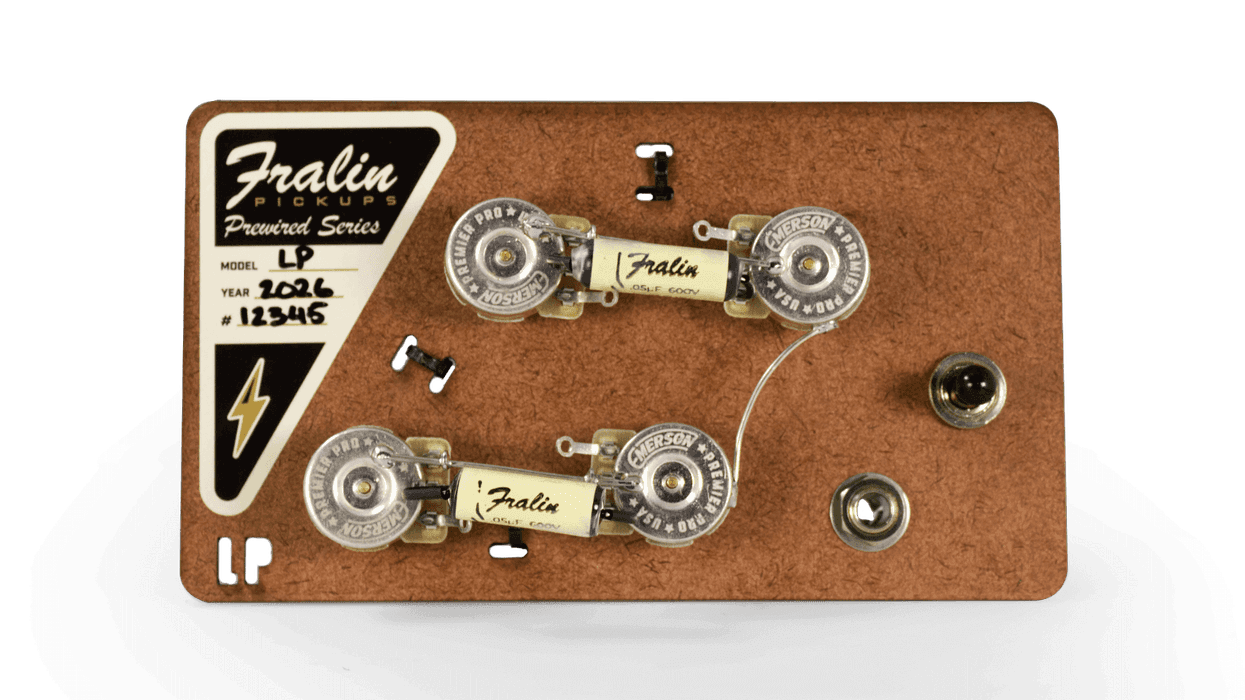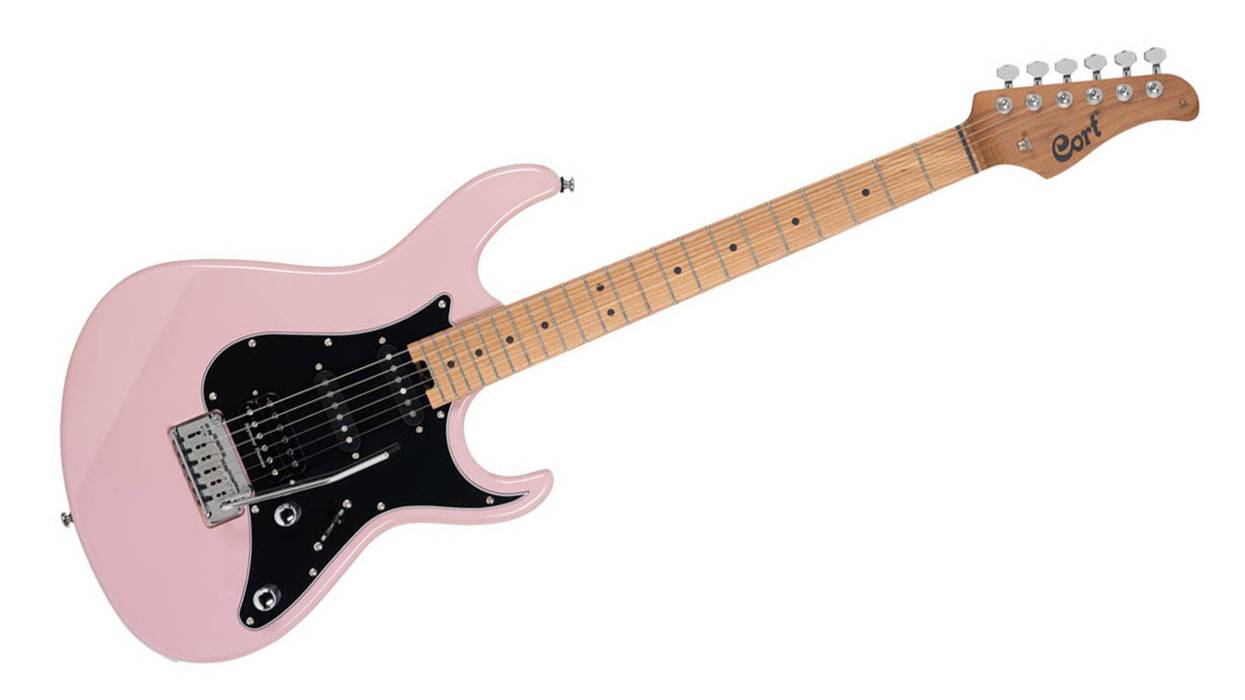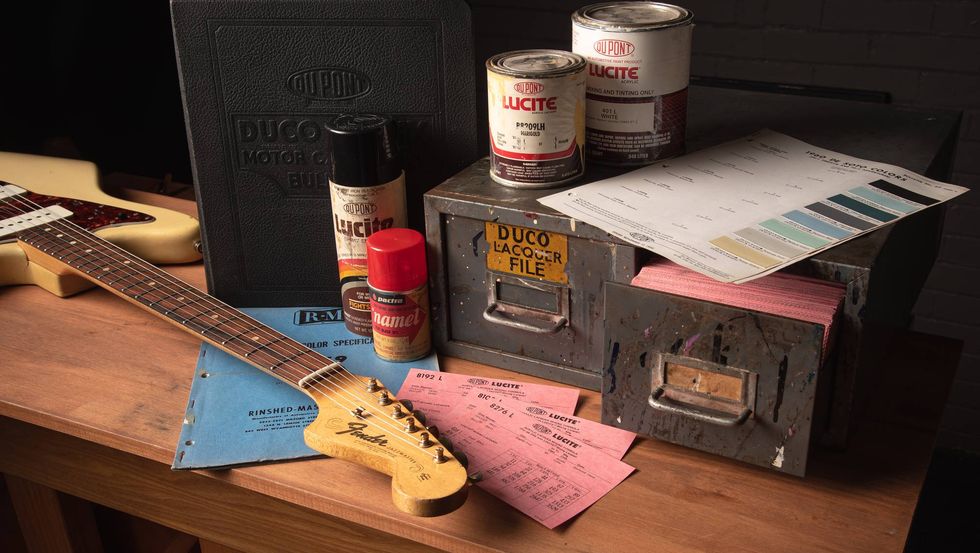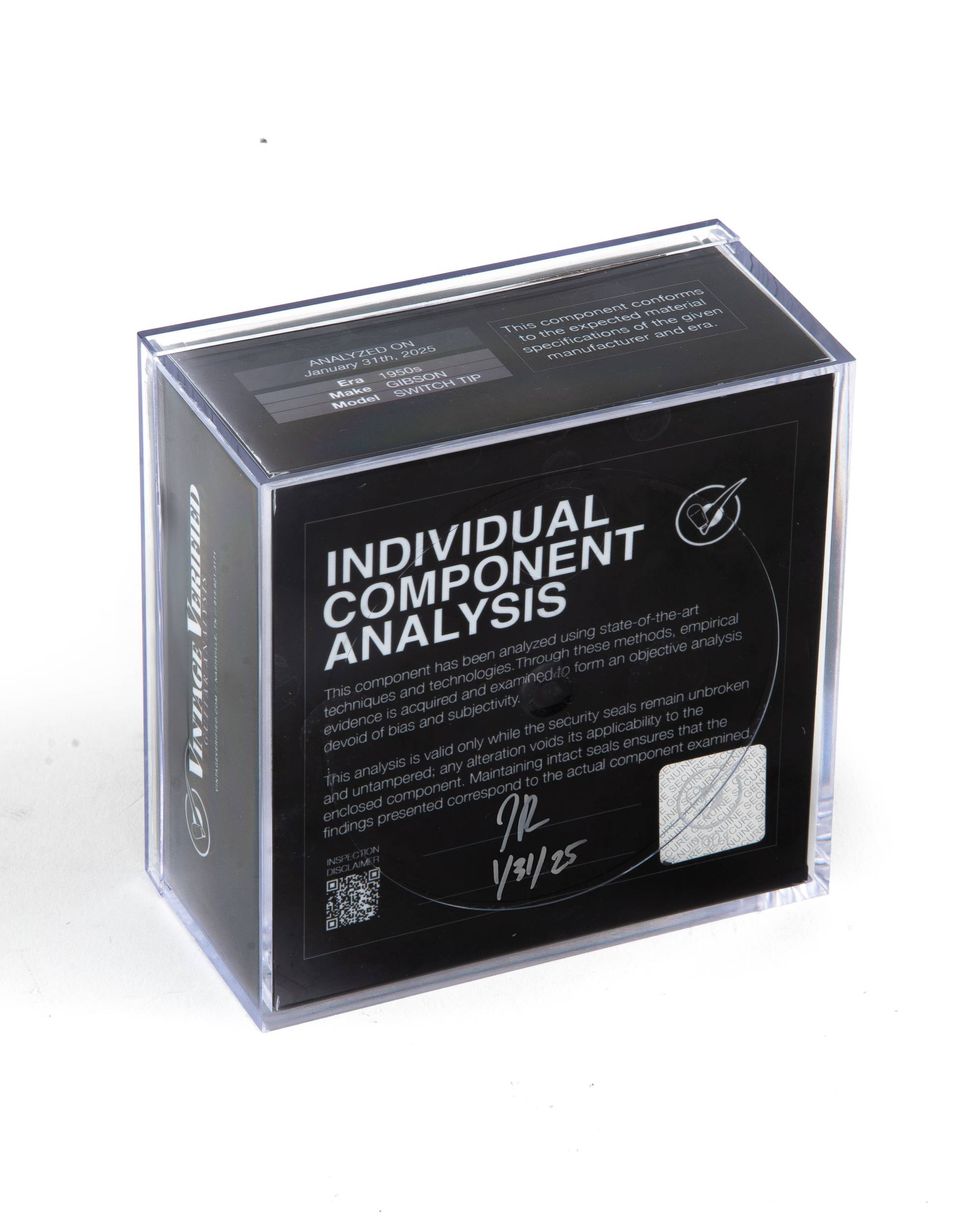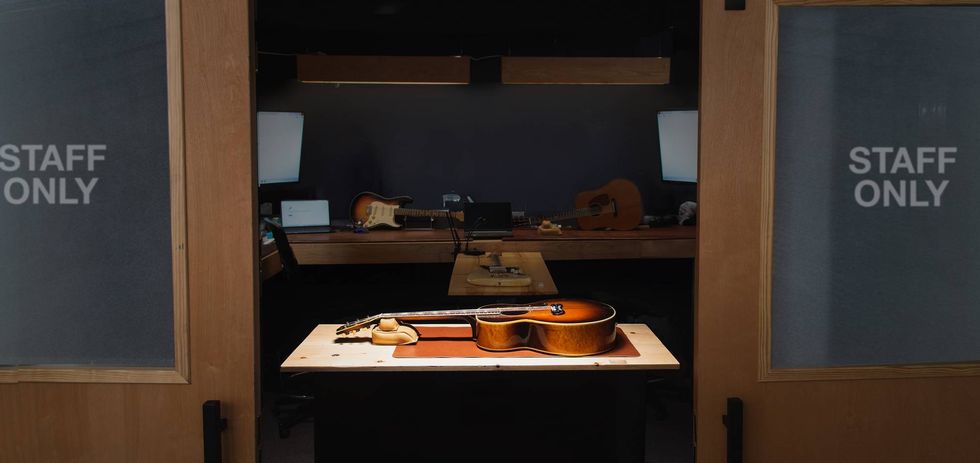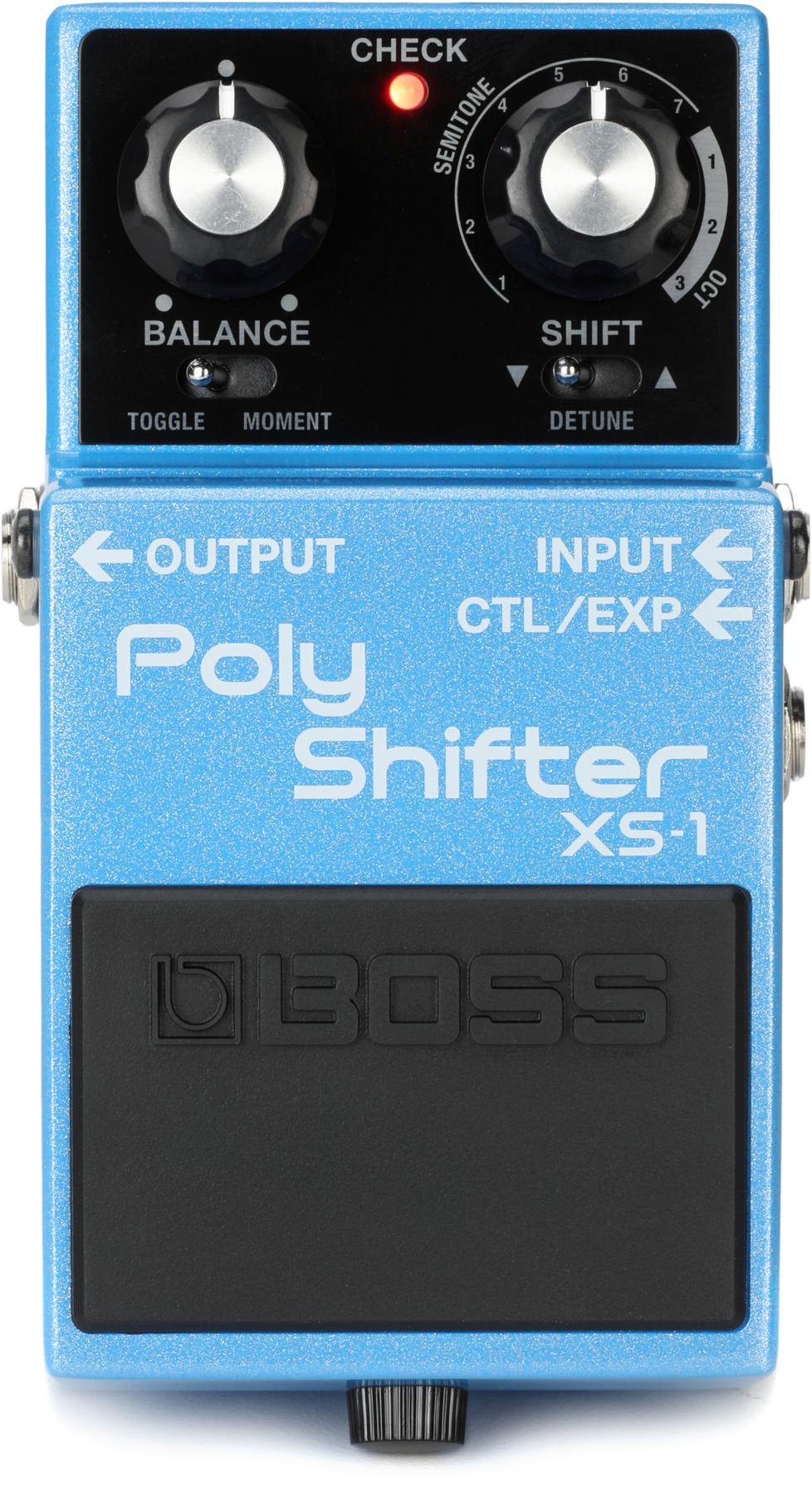Premier Guitar’s Shawn Hammond visits the Windy City’s famed and ultra-vibey Chicago Music Exchange, where the store’s helpful staff shows us highlights from their impressive inventory of vintage gear—from Fender, Gibson, and Martin instruments to Marshall, Vox, and Ampeg amps—as well as their premium selection of boutique axes, amps, and pedals. We also see extreme rarities like a Dumble-modified Park amp formerly owned by Ben Harper, a vintage harp guitar, and a sunburst 1956 Gibson ES-295—one of approximately 10 ever made.
Chicago Music Exchange Shop Tour
Get up close and personal with the helpful staff and ultra-vibey gear that reside at the the Windy City’s famed store.
By Shawn HammondJan 20, 2015
Shawn Hammond
Shawn Hammond was PG's editorial director from 2010 till the fall of 2022. You can follow him at @feverloveband.








